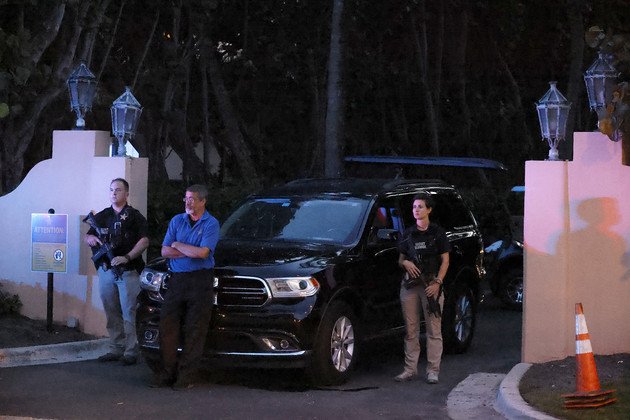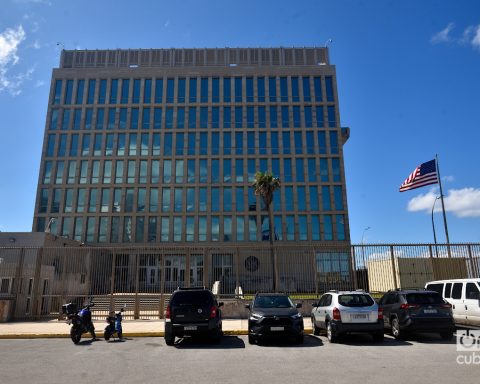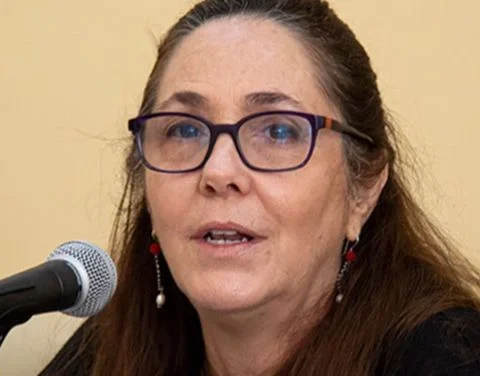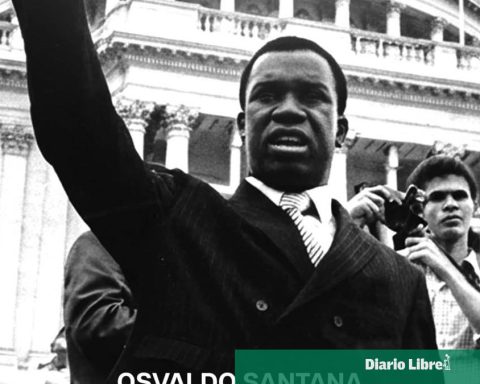The FBI recovered a series of documents that were classified as “top secret,” 11 of 20 boxes seized Monday from former President Donald Trump’s Mar-a-Lago home in Florida, according to court documents published this Friday after a federal judge revealed the unprecedented order.
The seizure receipt, a list of the materials seized and opened by the court, confirms what the FBI agents took last Monday.
In addition to those that were marked “top secret,” the seized records also encompass others classified as “compartmentalized sensitive information,” a special category intended to protect the nation’s most important secrets and those that, if publicly revealed, would harm the interests and security of the United States. But the receipt does not contain specific details about the content of the documents, nor does it speculate on what information they might contain.
The warrant details that federal agents were investigating possible violations of three different federal laws, including one governing the collection, transmission or loss of defense information under the Espionage Act. The other statutes address the concealment, mutilation, or elimination of records and the destruction, alteration, or falsification of records in federal investigations.
The receipt also showed that federal agents collected other possible presidential records, including the draft pardon order for Trump ally strategist Roger Stone, a “leather-bound box of documents” and information on the “president of France.” Emmanuel Macron.
In the raid, a folder with photographs, a handwritten note, “various secret documents” and “various confidential documents” were also seized.
The search warrant sends FBI agents to search for evidence to investigate crimes related to the Espionage Act, which prohibits the unauthorized retention of national security information that could cause untold damage if it falls into the hands of adversaries such as Russia or China. .
As of now, it is known that the former president is under investigation for violating the Espionage Law, as well as for other headings such as obstruction of justice and destruction of official documents, according to the conclusions of the raid.
Trump’s attorney, Christina Bobb, who was present at Mar-a-Lago when agents conducted the search, signed two receipts: one two-page and one single.
In a statement Tuesday, Trump said the documents seized by the agents were “all declassified” and said he would have turned them over to the Justice Department if asked. But on Wednesday he said the FBI “seeded” those documents to compromise him.
While sitting presidents have the power to declassify information, that authority expires as soon as they leave office and it was unclear if the documents in question were ever declassified. Trump also remained in possession of the documents despite multiple requests from agencies, including the National Archives, for him to turn them over, in accordance with federal law.
Federal Judge Bruce Reinhart, the same one who signed the search, opened the warrant and receipt on Friday at the request of the Justice Department after Attorney General Merrick Garland declared there was “a substantial public interest in this matter.”
The Justice Department told the judge that Trump’s lawyers did not object to the proposal to go public.
In messages posted on his Truth Social platform, Trump wrote: “Not only will I not oppose the release of documents… I go a step further by ENCOURAGEING the immediate release of those documents.”
Still, Trump himself received at least some of the records the government sought to reveal, but he and his lawyers have so far refused to make them public.
The Justice Department’s request is noteworthy because those documents traditionally remain sealed during a pending investigation. But the department appeared to acknowledge that its silence since the search had created a vacuum for verbal attacks from Trump and his allies, and that the public had a right to side with the FBI over what prompted Monday’s action at the former home. President.
“The public’s clear and powerful interest in understanding what transpired under these circumstances weighs heavily in favor of unsealing,” said a motion filed Thursday in federal court in Florida.
To obtain a search warrant, federal authorities must prove to a judge that there is probable cause to believe a crime has been committed. Garland said he personally approved the order, a decision he said the department did not take lightly, given that standard practice, wherever possible, is to select less intrusive tactics.

















